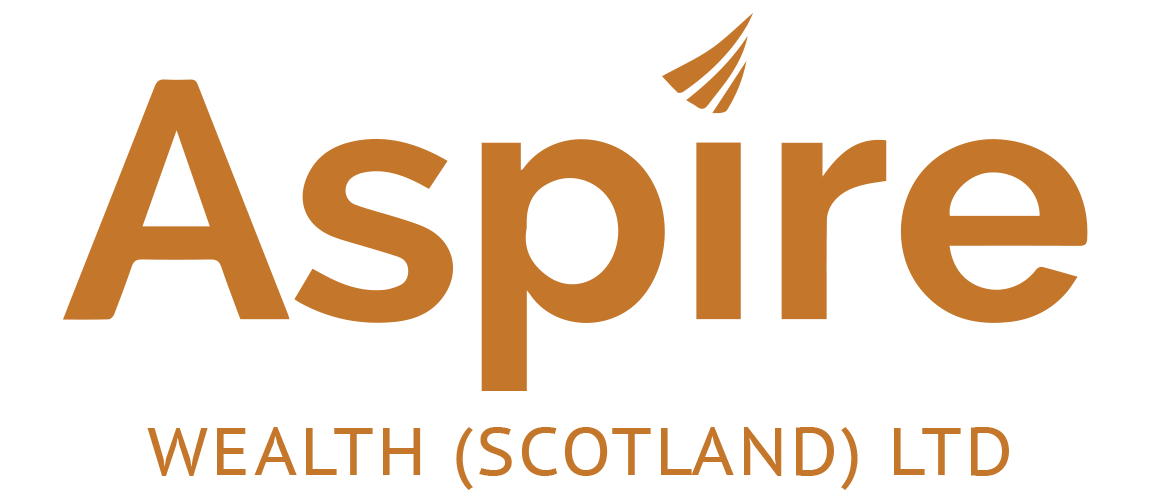



Protection
Protection refers to maintaining a person’s standard of living, immediately and in the future from financial difficulty if that person, or someone dependent on that person was to die, be unable to work, suffers an illness, gets a disease or medical condition or loses their job.
Investing for the future and saving for your retirement are important but they are just that, plans for the future. Protection aims to safe guard your current financial position if the unthinkable happens. With no protection your lifestyle can be impacted. Protection plans are a cost-effective way to manage these risks and where applicable these policies can be placed in Trust.
At A Glance
Pays a scale of benefits if the insured suffers an illness or becomes unemployed. The amount payable is dependent on the severity of claim.
Pays a lump sum of money on death, if the death occurs during the term of the policy. The amount of lump sum will decrease throughout the term. Critical illness provision can also be included if required.
If you are unsure if your current protection is adequate for your needs, we can review your existing cover, make recommendations where required and if applicable place the cover in to Trust.
A funeral plan helps to avoid the financial worry at a difficult time for your family. You are able to plan your wishes. There is no medical underwriting and you have the option to pay for the plan monthly or all off at once. Paying for your funeral today will safe guard against the cost of the funeral in the future.
Sometimes referred to as Permanent Health Insurance (PHI) pays an income designed to replace your wage should you suffer an illness or an accident up to a certain threshold if the event occurs during the term of policy.
Inheritance Tax (IHT) is a tax imposed on the estate of a person who has died where their assets are over the IHT threshold. The tax is normally paid from the estate; if the estate is cash rich, this is not an issue, however selling assets such as property is normally common to meet this liability which comes with its own issues. Placing protection into a Trust can help with IHT planning. The Financial Conduct Authority does not regulate Trusts.
Pays a lump sum of money on death, if the death occurs during the term of the policy. The amount of lump sum will remain the same throughout the term. Critical illness provision can also be included if required.
Designed to help with the cost of funding nursing or medical care for the elderly who may need assistance.
Pays an income in the event you are unable to work – income can be used to pay mortgage repayments.*
Designed to help the insured meet financial needs for medical treatment outside the NHS.
The owner of an asset, will place this into a Trust for the benefit of someone other than themselves but the beneficiary will not have control of this asset, normally, but not always until the owner of the asset dies. Trusts can have Inheritance Tax benefits. The Financial Conduct Authority does not regulate trusts.
Provide a lump sum of money, on death, whatever your age on death.
Business Protection
There is also the need for protecting your business. The death of a key employee can have a devastating impact on business function and profit. There are tax efficient ways to mange this potential impact.
A term assurance that pays out a lump sum if death occurs during the policy term. The objective of Key Person Insurance is to protect the financial losses of losing that employee through death.
If a Partner dies the remaining Partner(s) can buy the shares of the previous life assured. There are three main methods: The Automatic Accrual Method, The Buy and Sell Method and The Cross-option Method.
A Relevant Life Plan is a term assurance plan available to employers to provide an individual death in service benefit for an employee.
If one of your shareholders dies or suffers from a severe illness, their shares will usually pass to their beneficiaries. To regain full control of the business, the surviving shareholders will need to buy the shares back but they might not have the available capital to do this. With Shareholder Protection; you get a lump sum if a shareholder or a business partner dies. This helps to cover the cost of buying their shares – so you can keep control of your company.
*Your home may be repossessed if you do not keep up repayments on your mortgage
request a call back.
Would you like to speak to one of our financial advisers over the phone? Just submit your details and we’ll be in touch shortly. You can also email us if you would prefer.
